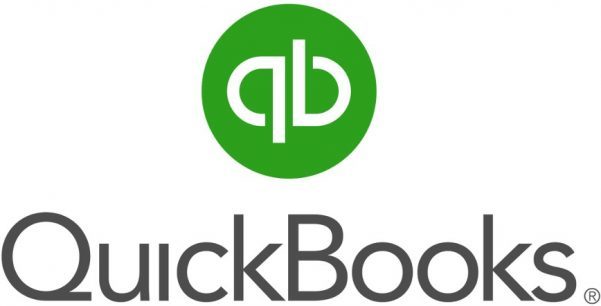Tax time is nearing and for many small business owners, this can be a hectic time of year. Many of small business owners have an accountant which will save a lot of stress, certainly. However, the more one can accomplish independently, the less that accountant will cost. So here’s a small checklist of things that should be handled prior to handing ones Quickbooks over to the accountant.
Balance Sheet
- All bank statements should agree with bank accounts summaries.
- Accounts Receivable records should match Accounts Receivable Summary in Quickbooks
- When checking inventory, physical value should match the reported value in Quickbooks.
- Take note of any shortages or reporting errors to handover to the accountant.
Profits and losses
When reviewing the profits and losses section of Quickbooks, small business owners should follow these procedures:
- Make note of any negative sections to be reviewed by an accountant.
- Make sure to account for money that the company received that may have been loaned to the business and accurately report loaned money as a liability rather than a profit.
- Also make sure to report any money loaned as a such rather than a loss.
Payroll
With recent increases in IRS security features, accountants now require these documents to take care of small business taxes.
- W-2 and W-3 forms for the company.
- The IRS requires that payroll reporting matches the information reported in business returns.
- Small business owners must provide accountants with any information regarding business expenses that the business may have incurred but has not yet been reimbursed for.
Following this guide will allow small business owners and accountants to enjoy a much smoother transaction when you filing small business taxes this year. Instead of scrambling for loose receipts at the last minute, small business owners can track all pertinent transactions using QuickBooks and use this simple checklist as a model for a less stressful tax season.

